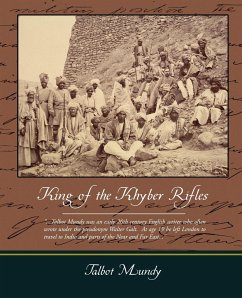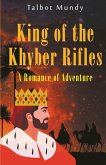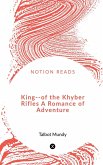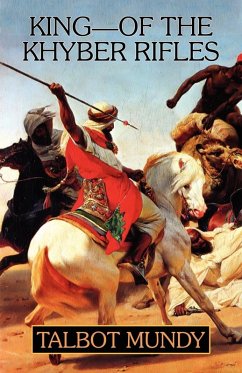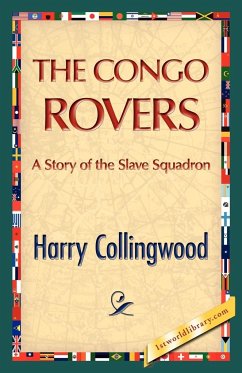Talbot Mundy was an early 20th century English writer who often wrote under the pseudonym Walter Galt. At age 19 he left London to travel to India and parts of the Near and Far East. Most of Mundy's novels are set in India under British Occupation in which the loyal British officers encounter ancient Indian mysticism. In the 1920's Mundy wrote stories about Tros of Samothrace, a Greek freedom fighter who aided Britons and Druids in their fight against Julius Caesar. King of the Khyber Rifles is an action packed adventure story full of sword fights, intrigue, exotic romance and strong dangerous men. A British officer is involved in the 'mysticism' of then-forbidden Tibet. The hero must save India from a foreign invasion being plotted in the Khinjan Caves beyond the Khyber. Dating from the late nineteenth century, the Khyber Rifles is a para-military force forming part of the modern Pakistan Army's Frontier Corps
Hinweis: Dieser Artikel kann nur an eine deutsche Lieferadresse ausgeliefert werden.
Hinweis: Dieser Artikel kann nur an eine deutsche Lieferadresse ausgeliefert werden.

